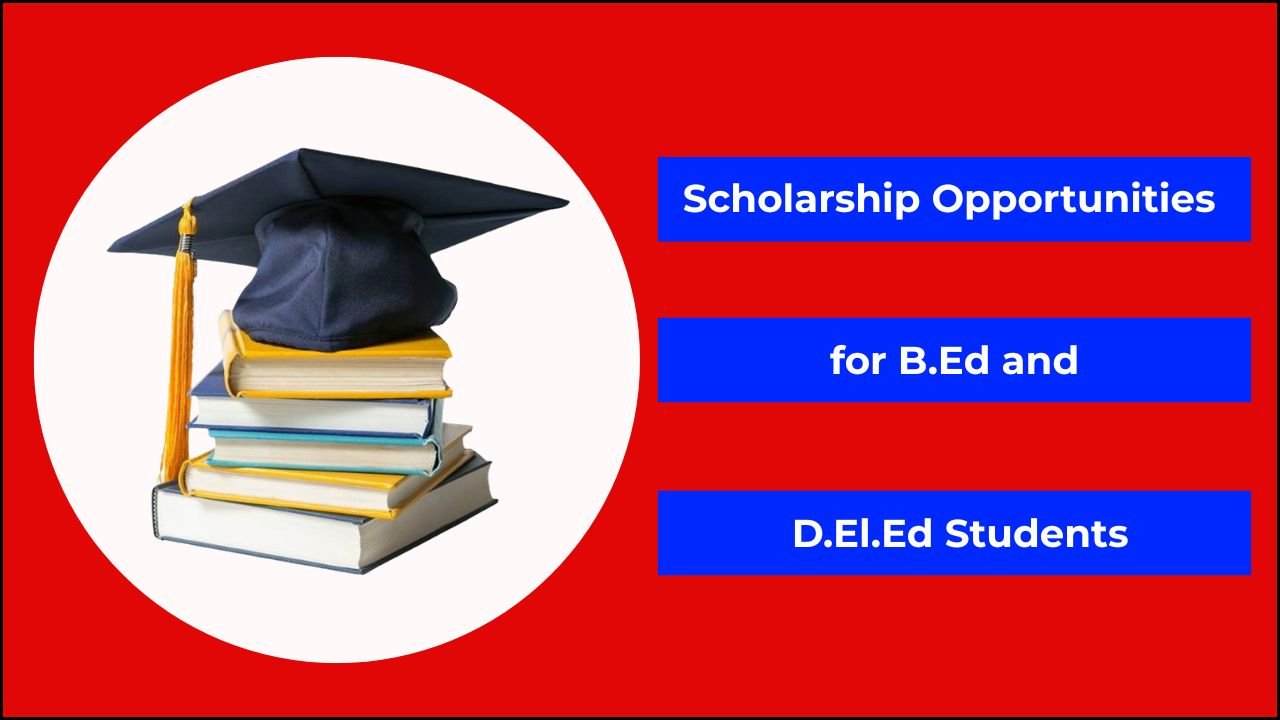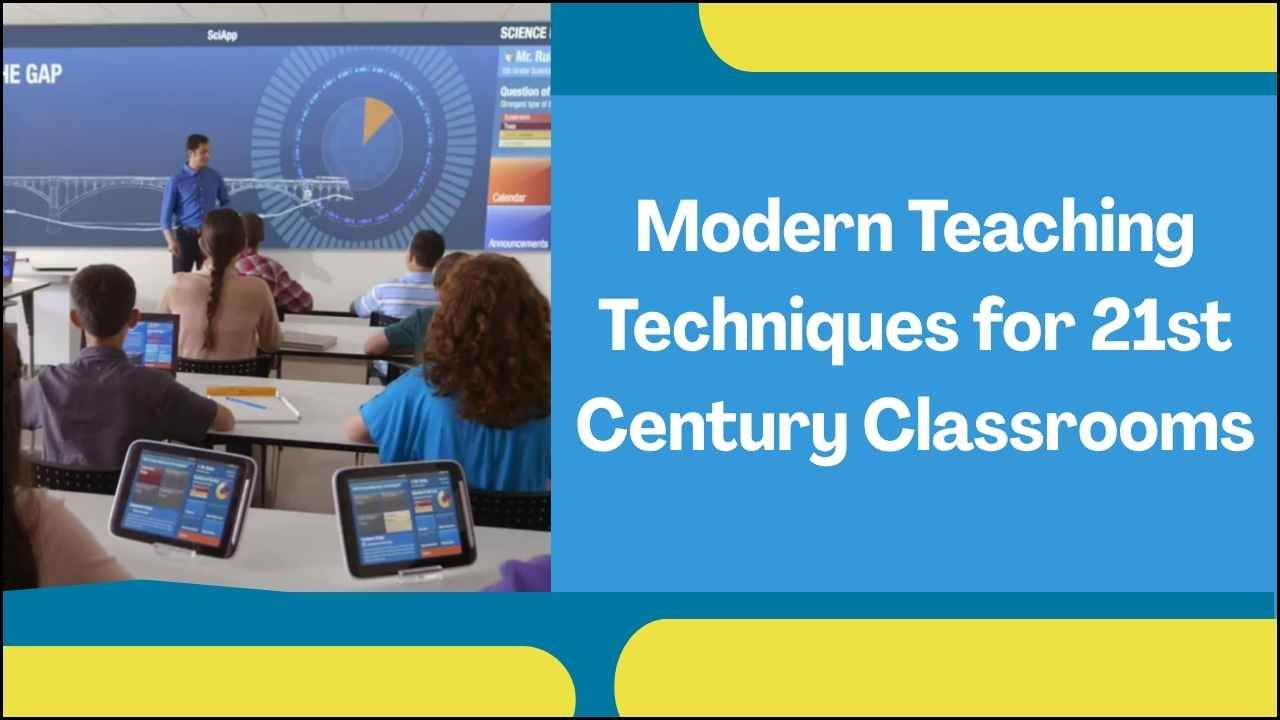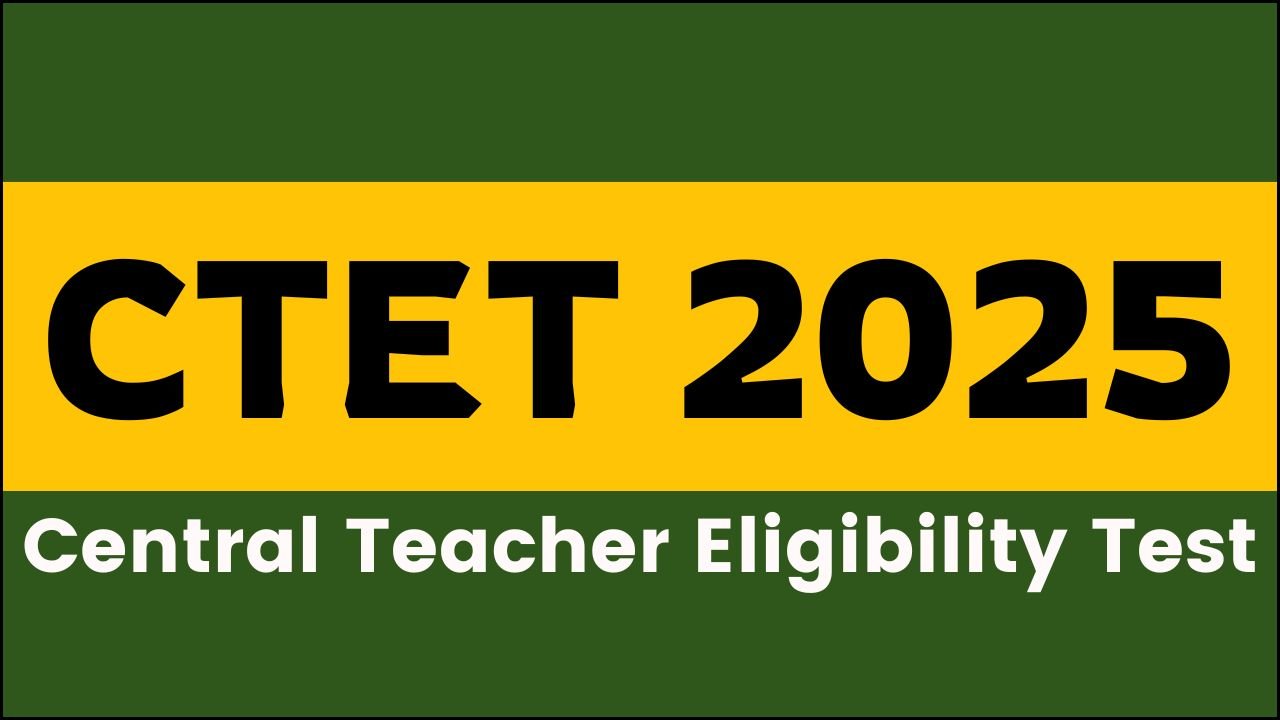
Choosing the right teaching qualification is an important decision for anyone who wants to become a teacher in India. Two popular courses are B. Ed (Bachelor of Education) and D.El.Ed (Diploma in Elementary Education). Each course prepares you for a different level of teaching and comes with its own set of eligibility, duration, job roles, and salary expectations. This guide will help you understand the key differences between B.Ed and D.El.Ed and assist you in making the right choice based on your career goals.
Table of Contents
Course Overview
B.Ed (Bachelor of Education)
- A professional undergraduate degree for teaching at the secondary and senior secondary level.
- Prepares graduates to teach students from Class 6 to 12.
D.El.Ed (Diploma in Elementary Education)
- A diploma-level course that trains candidates to become primary or elementary school teachers.
- Designed for teaching from Class 1 to 8.
Key Differences Between B.Ed and D.El.Ed
| Feature | B.Ed | D.El.Ed |
|---|---|---|
| Full Form | Bachelor of Education | Diploma in Elementary Education |
| Duration | 2 years | 2 years |
| Eligibility | Graduation in any stream with 50% marks (45% for reserved categories) | 10+2 (Intermediate) with 50% marks (45% for reserved categories) |
| Teaching Level | Middle school, secondary, and senior secondary | Primary and upper primary schools |
| Age Limit | Usually 21 to 35 years | Usually 18 to 35 years |
| Course Level | Undergraduate/Postgraduate Professional Degree | Diploma Level |
| Course Focus | Subject specialization, teaching methods, psychology | Child development, pedagogy, classroom practice |
| Affiliated Bodies | NCTE (National Council for Teacher Education), UGC | NCTE |
| Career Options | TGT, PGT, Lecturer, Education Consultant | Primary Teacher, Assistant Teacher, Head Teacher |
| Salary Range | ₹25,000 – ₹50,000/month (depending on the school board) | ₹15,000 – ₹30,000/month |
Eligibility Requirements
B.Ed Eligibility
- Graduation in any stream: Arts, Commerce, or Science.
- Minimum 50% marks for the general category.
- 5% relaxation for SC/ST/OBC.
- Some universities may conduct entrance exams like DU B.Ed, BHU B.Ed, or state-level tests.
D.El.Ed Eligibility
- Completion of 10+2 or equivalent from a recognized board.
- Minimum 50% marks required.
- The age limit typically starts at 18 years.
- Entrance exams like SCERT, Bihar D.El.Ed CET, or direct admission based on merit.
Career Paths After Completion
B.Ed Career Options
- TGT (Trained Graduate Teacher) for Classes 6 to 10.
- PGT (Post Graduate Teacher) for Classes 11 and 12 (with PG degree).
- Teaching jobs in CBSE, ICSE, and State Board schools.
- Opportunities in government schools after clearing CTET/State TET.
- Positions in teacher training institutes or online education platforms.
D.El.Ed Career Options
- Primary school teacher (Classes 1–5).
- Upper primary teacher (Classes 6–8) in some states.
- Job opportunities in government schools after clearing the relevant TET.
- Assistant teacher roles in private and public schools.
- Promotion scope to Head Teacher or administrative roles in schools.
Entrance Exams and Admission Process
| Course | Entrance Exams | Admission Type |
|---|---|---|
| B.Ed | DU B.Ed, BHU B.Ed, IPU CET B.Ed, MAH B.Ed CET, UP B.Ed JEE | Entrance test-based / merit-based |
| D.El.Ed | Bihar D.El.Ed CET, SCERT Delhi, Assam D.El.Ed PET | Entrance test-based / merit-based |
Skill Development and Training Focus
B.Ed Training Focus
- Classroom management at the secondary level.
- Advanced teaching techniques and pedagogy.
- Subject-specific knowledge.
- Use of educational technology.
- Understanding adolescent psychology.
D.El.Ed Training Focus
- Child-centered learning methods.
- Basic educational psychology.
- Language and arithmetic teaching.
- Activity-based learning.
- Early childhood education strategies.
Top Colleges Offering These Courses
| Course | Top Institutions |
|---|---|
| B.Ed | Delhi University, Jamia Millia Islamia, Banaras Hindu University, Mumbai University |
| D.El.Ed | SCERT (State Councils of Educational Research and Training), DIETs in various states |
Teaching Exams Required After Completion
| Exam Name | For |
|---|---|
| CTET (Paper I) | D.El.Ed holders (Primary level) |
| CTET (Paper II) | B.Ed holders (Upper primary level) |
| State TETs | Both B.Ed and D.El.Ed holders |
Comparison of Course Benefits
| Parameter | B.Ed Advantage | D.El.Ed Advantage |
|---|---|---|
| Scope of teaching | Higher classes, better salary | Easier to enter the teaching field early |
| Future promotion | Eligible for PGT and principal-level positions | Promotion to Head Teacher is possible with experience |
| Higher studies option | Can pursue M.Ed or MA in Education | Can later pursue B.Ed for higher-level teaching |
| Government job eligibility | Eligible for various state and central school boards | Eligible for the primary teacher government exams |
Who Should Choose B.Ed?
- Graduates who want to teach middle to senior secondary classes.
- Those who aim for high-paying jobs in senior schools.
- Aspirants interested in educational leadership roles in the future.
- Individuals who wish to work in government or private institutions with higher responsibilities.
Who Should Choose D.El.Ed?
- 12th pass students who want to become teachers at a young age.
- Candidates who enjoy working with young children and helping them build basic concepts.
- Aspirants focused on primary or elementary education.
- Individuals looking for quick entry into the teaching profession.
Salary Expectations
| Level of Teaching | Qualification | Expected Salary Range (Monthly) |
|---|---|---|
| Primary School (Class 1–5) | D.El.Ed | ₹15,000 – ₹30,000 |
| Upper Primary (Class 6–8) | D.El.Ed / B.Ed | ₹20,000 – ₹35,000 |
| Secondary (Class 9–10) | B.Ed | ₹25,000 – ₹45,000 |
| Senior Secondary (Class 11–12) | B.Ed + PG | ₹30,000 – ₹50,000+ |
Important Points to Remember
- Both courses are recognized by NCTE and are necessary for applying to government teaching jobs.
- Clearing CTET or State TET is compulsory after completing either qualification.
- D.El.Ed is suitable for beginners, while B. Ed is for graduates with deeper academic goals.
- Some states give D.El.Ed preference in primary teacher recruitment, while B . Ed holders may get preference in higher classes.
The Way Forward
Making the right choice between B.Ed and D.El.Ed depends on your academic background, career interests, and the age group you want to teach. B.Ed suits those who wish to teach higher classes and pursue leadership roles, while D.El.Ed is best for those aiming for primary education. Understanding the key differences can help shape a successful teaching journey.





